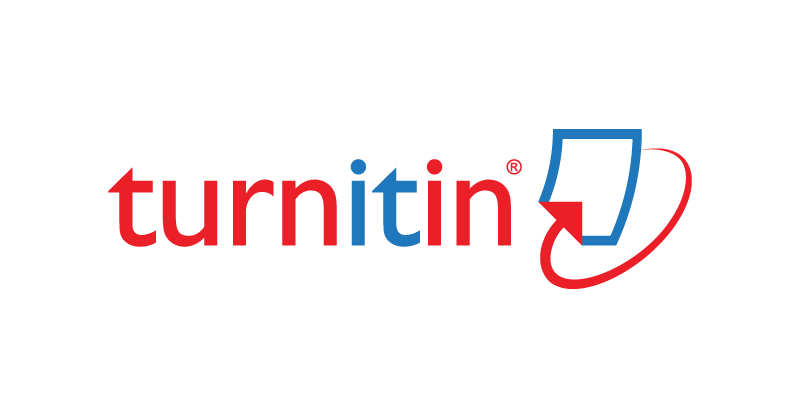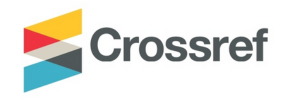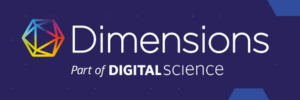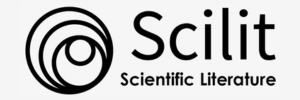Management of PAI Learning Evaluation Activities at SMP Negeri 1 Pleret
DOI:
https://doi.org/10.63605/ln.v2i1.34Keywords:
Management, Evaluation, Islamic Education LearningAbstract
Introduction to The Problem : Evaluation of Islamic religious learning in schools is an important aspect in improving the quality of education. Effective and diverse evaluation methods are needed to ensure that students understand the material taught and are able to apply it in everyday life. However, challenges in the implementation of Islamic learning evaluation are still often faced, including in terms of planning, implementing, and supervising evaluation. Purpose : The purpose of this study is to understand more about the process of planning, implementing, and evaluating Islamic religious learning in a school, focusing on the use of qualitative techniques in data collection and analysis. This study aims to provide insight into how the evaluation process can be optimized to improve the effectiveness of Islamic religious learning. Design/methods/approach: Penelitian ini menggunakan pendekatan kualitatif, dengan teknik pengumpulan data melalui wawancara terstruktur dan dokumentasi. Informan utama adalah guru PAI dan siswa, serta dokumen terkait dengan proses evaluasi pembelajaran. Analisis data dilakukan melalui reduksi data, penyajian data, dan penarikan kesimpulan. Findings : The results showed that PAI learning evaluation planning at SMP Negeri 1 Pleret was carried out through workshops or seminars, where all educators were invited to obtain an overview of how to teach students. Teachers are required to plan learning evaluation activities independently, including semester programs, lesson plans, annual programs, and syllabi, which must be based on three domains of student assessment: cognitive, affective, and psychomotor. Teachers conduct direct supervision of learning evaluation activities in class and CCTV assistance outside the school. Research implications/limitations: This research provides important implications for education practitioners in terms of planning and implementing the evaluation of Islamic religious learning. However, this study has limitations in terms of the number of samples and geographical scope, which can affect the generalizability of the results. Originality/value : This research adds new insights into how the evaluation process of Islamic religious learning can be optimized through a qualitative approach. The results of this study are expected to provide references for future research and practical contributions for education practitioners in improving the quality of Islamic religious learning.
Downloads
Downloads
Published
How to Cite
Issue
Section
License
Copyright (c) 2024 Linguanusa : Social Humanities, Education and Linguistic

This work is licensed under a Creative Commons Attribution-ShareAlike 4.0 International License.


















